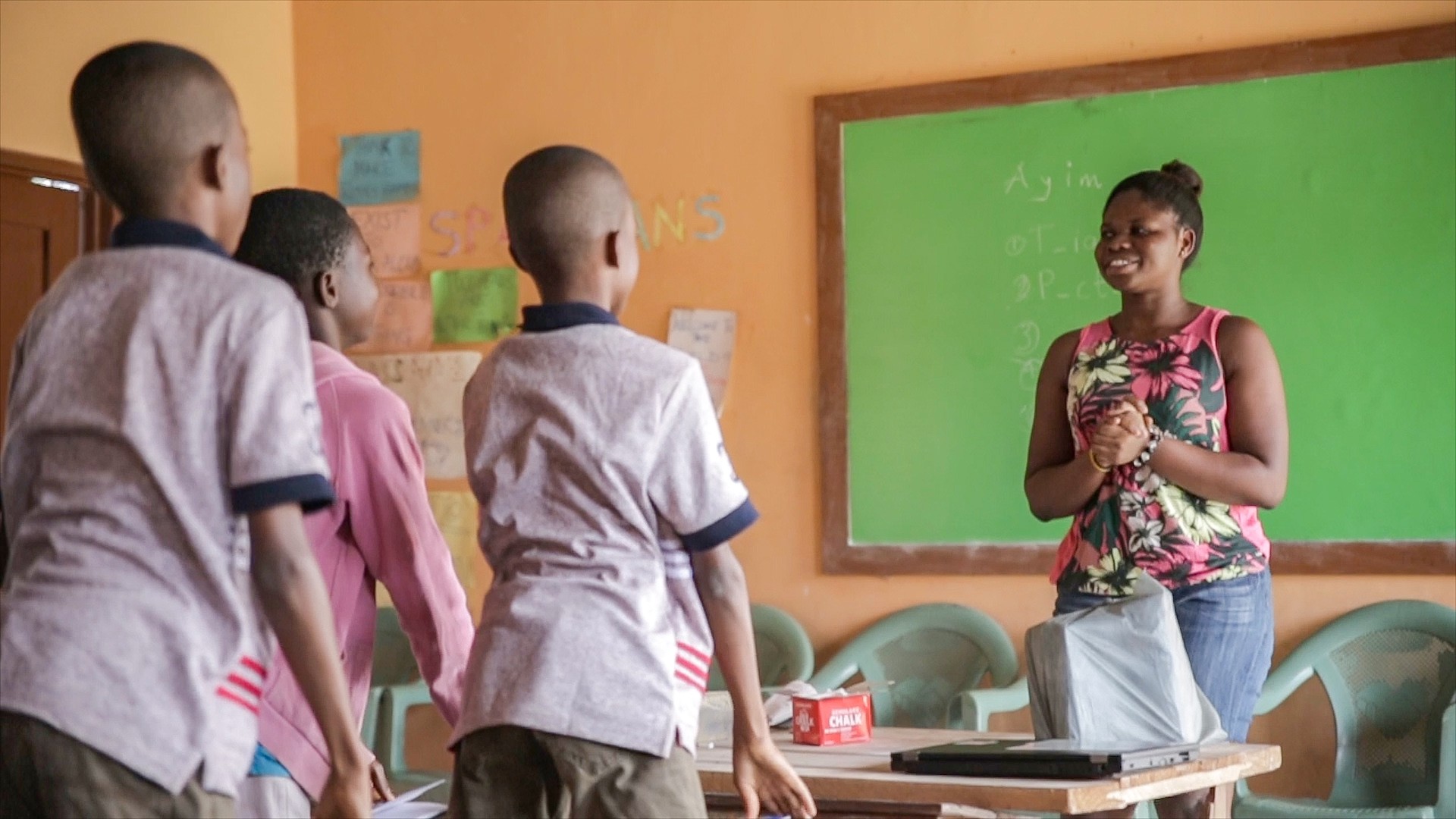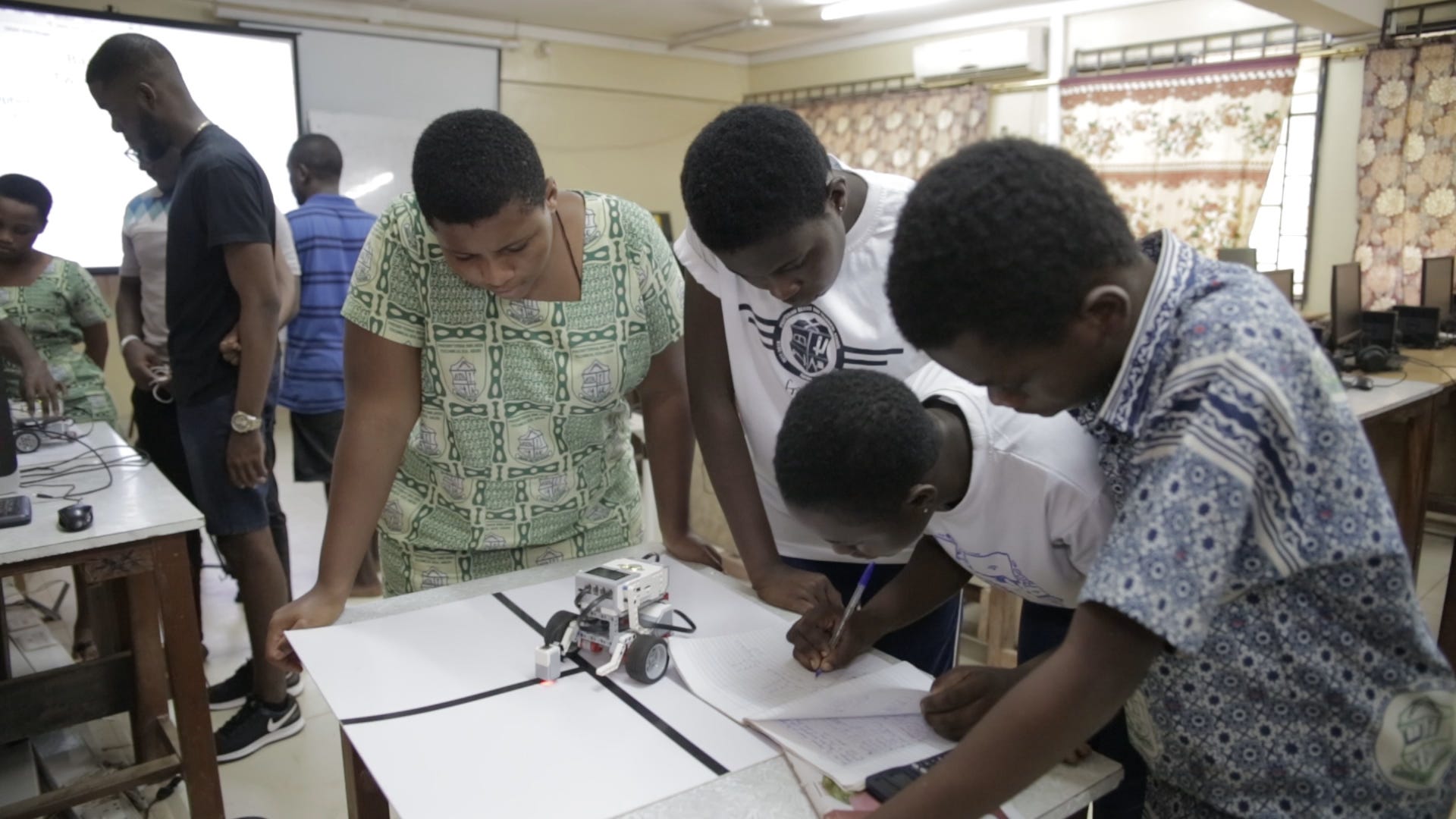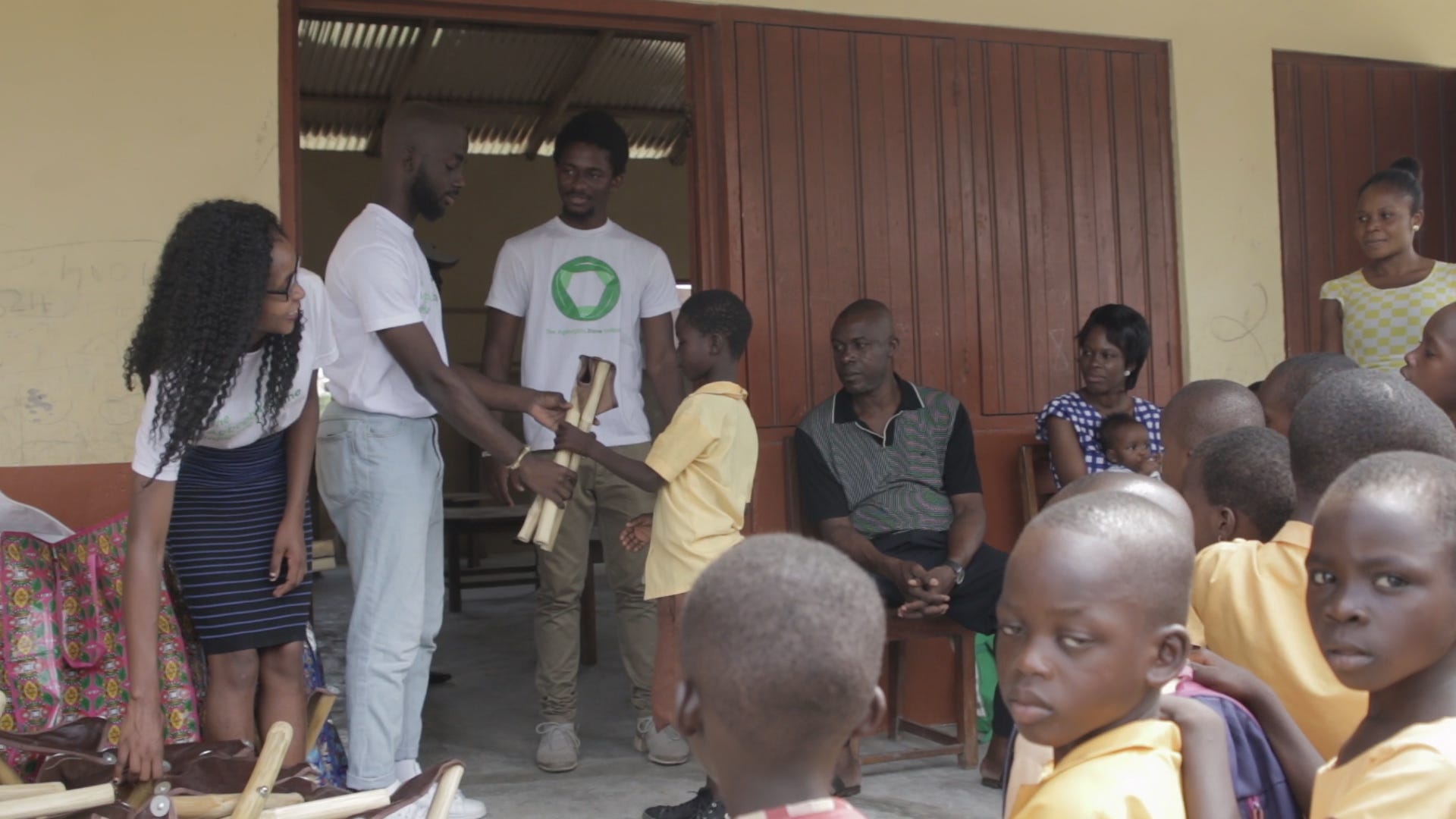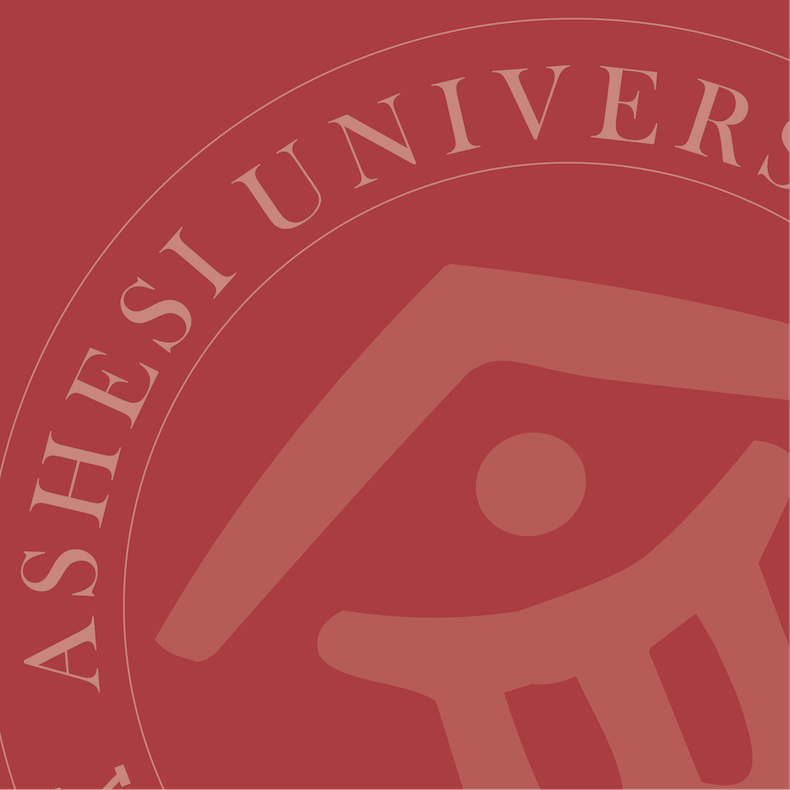
July 17, 2020
Since 2015, the Ford Foundation has supported some 74 Ashesi student-led initiatives ranging from education, mentorship, sanitation, childcare, and youth in agriculture, through the Fund for Service to Children and Youth Grant.
Established to support projects aimed at making a difference in the lives of disadvantaged children and youth in Ghana, the Fund has disbursed nearly $200,000 over the past five years, impacting over 2000 children and youth in over ten communities.
“Overall, the funding from the grant has allowed students with impactful projects constrained by their finances to go ahead with their plans,” said Jude Acquaah, Manager for Community Service and Experiential Learning at Ashesi.
Measuring Leadership Training
While the various projects continue to serve communities across the country, the progress of the Fund has also brought about the need for an assessment of how civic engagement contributes to leadership training.
“Over the past five years, while the students and the project beneficiaries continued to share successes, we have not been able to properly measure the results of their work, for both short and long term,” shared faculty member Rebecca Awuah, who has co-authored a paper discussion measuring the impact of the projects.

Working with the students in the initiatives, the team, led by faculty Rebecca Awuah and Dr. Sena Agyepong, and supported by alumni, Prince Kwarase ’17, and Teni Agana ’18 published a study, Leadership Education through Extracurricular Civic Engagement, bringing together data and findings collected over the past five years.
“This study was inspired by our curiosity to discover the role community service plays in the lives of our students who get involved and how we could make this opportunity enticing for all,” says Dr. Agyepong. “We used the data to explore how we could develop a model for civic engagement. Hopefully, in the coming years, we get to see an increase in community projects led by our students.”
Findings from the research showed that impact from these projects was in three parts; on the project leads, on the beneficiaries of these projects, and the Ashesi community.
“Fund recipients underwent leadership training, coaching, project management and were required to submit reflections at the end of their projects,” said Rebecca Awuah. “This served as data to help us look back on what we were doing right and definitely what could have improved.”

For most of the recipients, the journey incorporated mainly leadership development. Project leads developed their leadership capacities, most of which aligned with project management skills and growth in articulating ideas.
In the second impact group, primary school students who were direct beneficiaries of the education projects showed a deepened commitment to their schooling. They showed more enthusiasm in engaging both in and out of their classroom, including participating in environmental club projects, sports, and after school design projects.
Teachers in the primary schools also reported a change in the students’ attitude as they noticed the students opened up more to student volunteers about their academic challenges, which were mostly followed up with ways to deal with it.
In the final impact group, within the Ashesi community, the past three years have seen an increase in student volunteers for projects they are passionate about in community service reports. Organically, this spawned the fostering of mentor-mentee relationships among students, faculty, and staff.
Share this story

